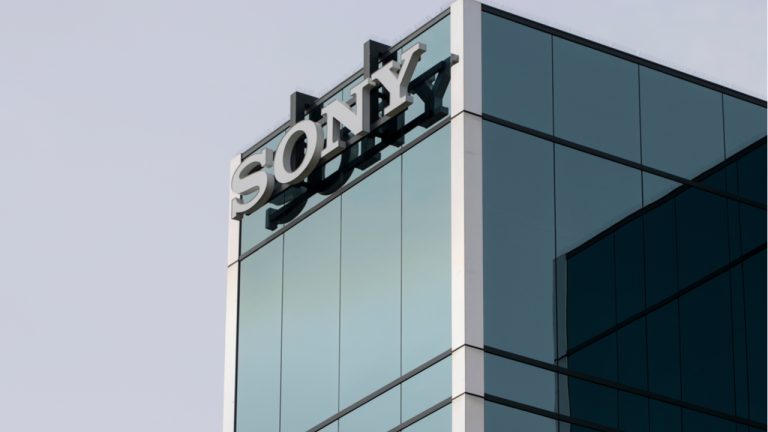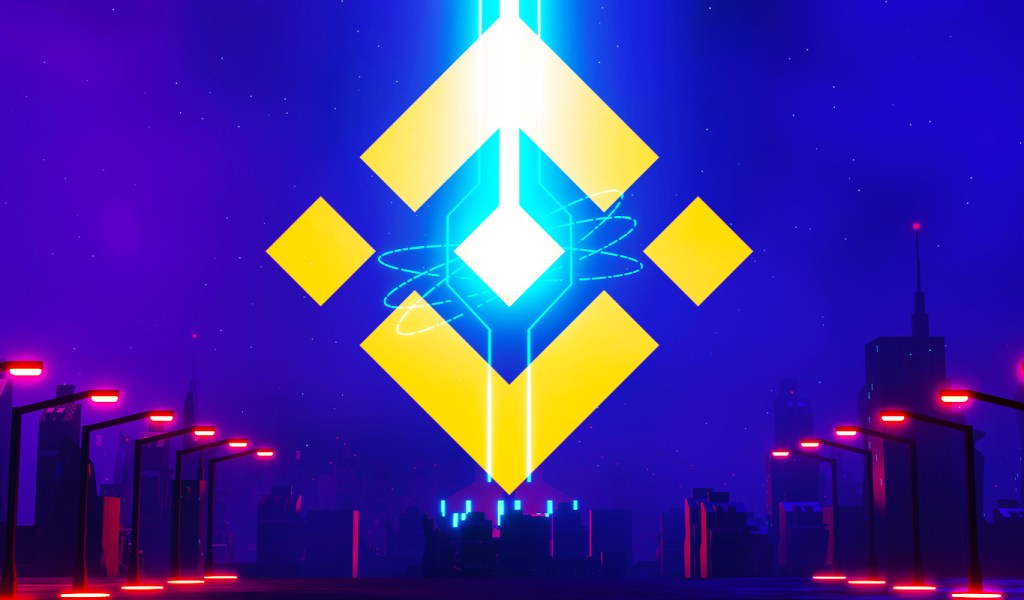
Two collections have appeared on NFT marketplace OpenSea depicting images and art related to the rare widespread protests in China over its lockdown policies.
China’s COVID-19 protests cemented as NFTs
Nonfungible tokens (NFTs) depicting the ongoing protests in China against the country’s tough zero-tolerance COVID-19 policy have found their way to the NFT marketplace OpenSea.
At least two collections have been created in November, the first is a Polygon (MATIC)-based collection called “Silent Speech” featuring 135 NFTs depicting images of protesters, signage, graffiti and even social media screenshots related to the ongoing protests up for auction starting at 0.01 Ether (ETH), or just under $11.50.

Another collection titled “Blank Paper Movement” of 36 Ethereum-based NFTs with a floor price of 10 ETH, or nearly $11,800, features a more artistic take as the images of the protests appears to be painted.
Holding a blank sheet of paper has emerged as a symbol representing the suppression of speech in the rare and widespread protests which have flared up across China since Nov. 14, starting with residents of Guangzhou, one of China’s biggest cities, tearing down police barricades in response to COVID-19 related measures.
Demonstrators in Beijing hold blank pieces of paper in a rally against the communist government.
— 鄉港 (@sabaocean) November 28, 2022
This idea developed during a student movement by a group of high school students in HK. pic.twitter.com/jRmnQ50Mlz
The protests intensified on Nov. 24 as a fire that day in a high-rise building in the northeastern city of Urumqi killed 10 people.
Some Chinese internet users believe residents weren’t able to escape due to extreme lockdown measures which have included authorities wiring or welding doors shut.
Candy Digital lays off 100 staff
NFT company Candy Digital has reportedly laid off a sizeable portion of its workforce amid turbulent crypto market conditions and a massive dip in NFT trading volumes this year.
More than one-third of the company’s roughly 100 employees were cut according to a Nov. 28 report from the sports industry outlet Sportico.
It’s unclear the reason for the layoffs and if any particular departments were affected as Candy Digital has not publicly addressed the layoffs. The former community content manager at Candy Digital, Matthew Muntner, in a Nov. 28 Twitter post publicly confirmed he was part of the staff cuts:
I hate that I have to share this as much as I loved my job at @CandyDigital but I was part of the layoffs that occurred earlier today.
— Muntner (@muntnerdesigns) November 28, 2022
I am quickly looking for a new role in Community Management, Graphic Design, or related Marketing.
Thanks, Candy Fam for one hell of a ride ❤️
Cointelegraph contacted Candy Digital for comment but did not receive an immediate response.
Candy Digital was launched in June 2021, backed by sports e-commerce store Fanatics, crypto-friendly entrepreneur Gary Vaynerchuk and Galaxy Digital CEO Mike Novogratz.
The company quickly gained partnerships with sports leagues including Major League Baseball, NASCAR’s collaborative Race Team Alliance, and several college athletes. It was valued at $1.5 billion in Oct. 2021 following a $100 million funding round.
Candy Digital’s layoffs follow others across technology firms such as NFT protocol Metaplex’s Nov. 17 cuts of “several members” of its team, Meta’s Nov. 9 layoff of 11,000 employees, and Flow blockchain developer Dapper Labs’ Nov. 2 layoffs of roughly 130 employees.
Bored & Hungry restaurant runs pop-up at Phillippine blockchain week
The Long Beach-based NFT-themed burger restaurant Bored & Hungry has set up a pop-up shop at the Philippine Blockchain Week which kicked off on Nov. 28 local time.
It’s the first time the restaurant has operated in South East Asia, the brand also operated a pop-up french fry stand at NFT.London in early November.
Grilling in Manila for 3 days only!
— Philippine Blockchain week (@philblockchain) November 27, 2022
Home of the Trill Burger, America’s best burger of 2022: @BorednHungry is bringing their apes and burgers to Manila! pic.twitter.com/RuDBy6Ykjg
The restaurant first opened in April and is themed using the owner's intellectual property of his owned Bored Ape Yacht Club and Mutant Ape Yacht club NFTs and accepted ETH and ApeCoin (APE) as payment.
Around two months after its opening, in June, the store inexplicably stopped accepting cryptocurrency as a form of payment, likely due to the drop in crypto prices.
Ripple’s XRP Ledger hits new record NFT sale
Ripple’s XRP Ledger blockchain has recorded a new record NFT sale, with an XPUNK NFT — a clone of the popular Ethereum-native CryptoPunk NFTs — selling for 108,900 XRP (XRP), about $44,000 at the time of sale on Nov. 25.
The #XRPL has a new record! An @XRPLPUNKS NFT just got sold for 108900 $XRP (44000 USD).
— onXRP.com (@onXRPdotcom) November 25, 2022
This is just the beginning for #NFTonXRP.
The sale was a result of an open auction with over 20 people in a Discord voice chat according to the XPUNKS official Twitter account. It refused to disclose the purchaser but said “the community knows who it is.”
Related: The metaverse is a new frontier for earning passive income
The XRP Ledger introduced NFTs on Oct. 31 with the introduction of the XLS-20 standard that was first proposed on May 25, 2021, the NFTs feature “automatic royalties” for creators.
More Nifty News
The community-led decentralized autonomous organization (DAO) made up of ApeCoin holders launched its own NFT marketplace on Nov. 24 featuring only Yuga Labs-backed collections.
Following the surprise win of the Saudi Arabian soccer team at the FIFA World Cup over Argentina on Nov. 22, the floor price of a Saudi Arabian-themed NFT collection unrelated to the team jumped by 52.6% with some appearing to view the tokens as an indirect way to bet on the success of soccer teams.
















